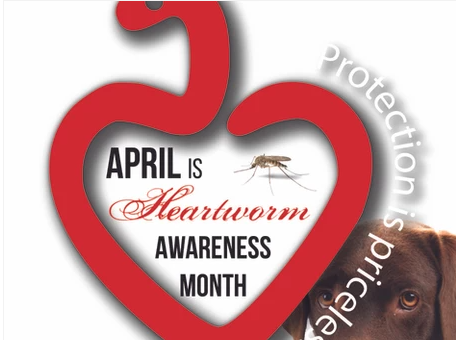Spaying/neutering your cat or dog is an important part of responsible pet ownership. Unneutered males that are not able to mate experience frustration, which can lead to aggression. Unspayed females attract unwanted attention every six months. From a psychological and biological point-of-view, spay and neuter is the best thing for your pet.
People often have misconceptions when it comes to spaying and neutering your pet. Here are some common spay/neuter myths debunked:
Myth: My dog or cat is too old to be spayed or neutered.
Though it is optimal for pets to be spayed and neutered when they are young, your pet can undergo the procedure any time after 4 months of age if they are above the weight of 4 pounds. Even dogs and cats who are older, or who have given birth to a litter before, will benefit from being spayed or neutered. Dogs and cats over 5 years of age are required to have pre-surgical blood work performed in order to check liver and kidney function prior to administering anesthesia.
Myth: It’s better to let my pet have one litter first.
Medical evidence shows the opposite to be true. Females that are not spayed before their first heat have a much higher risk of mammary or breast cancer and infections of the uterus. Males neutered early in life have less of a risk for prostate infections. The longer you wait to spay or neuter your pet, the more likely your pet will develop undesirable behaviors that can persist post-spaying and neutering.
Myth: Neutering my cat or dog will make him feel less of a “man.”
Your dog or cat will not go through an identity crisis once he’s neutered. Neutering will not change a pet’s basic personality, nor will he suffer any kind of emotional reaction from the procedure. Your pet will also maintain its instincts to protect its home and family. Personality is formed more by genetics and environment than hormones.
Myth: Spay and neuter procedures are not safe.
Both dog and cat spay and neuter procedures are safe and routine. These procedures are typically performed early in the day so the pets can return home by late afternoon. During the surgery, dogs and cats are fully anesthetized, so they feel no pain. Afterwords, some pets seem to experience some discomfort, but the signs should disappear within a few days. Serious harm as a result of spay or neuter surgery is extremely rare.
Pets will need approximately one week to recover from the surgery. You will likely find the biggest challenge is keeping your pet quiet and inactive during the recovery period.
Myth: If I spay or neuter my pet, he or she will gain weight.
Spaying or neutering your pets does not cause them to gain weight. While in some dogs and cats their metabolism may decrease following spay or neutering, pets only gain weight due to inactivity or because they are overfed. If you pet has gained weight after being spayed or neutered, reduce the quantity of food you feed your pet and increase outdoor exercise.
You can help save lives by spaying and neutering your pet. If pets can’t breed, they don’t produce puppies or kittens that often end up in animal shelters. Even if you have homes picked out for them for a litter, you are preventing those individuals from choosing from the overpopulation of pets in animal shelters.
If you have any questions about the spay or neuter procedure, contact your preferred Animal Health Center location, we’d be glad to answer any questions.



